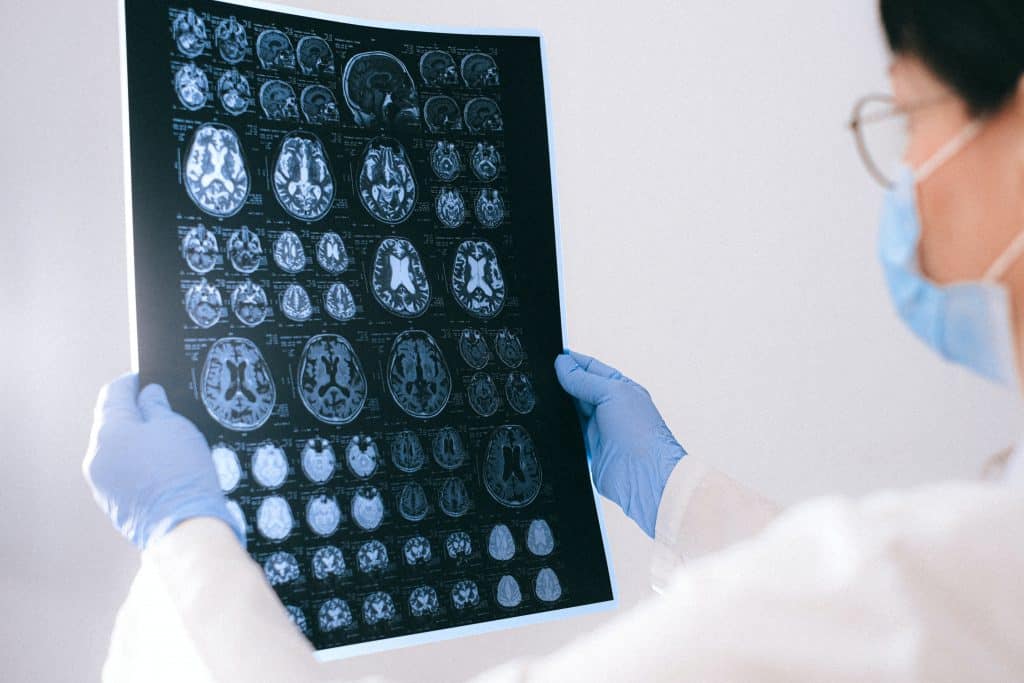
Thinking of starting a ketogenic diet to manage a health problem, but you’re not sure where to begin?. Or you probably worry about online nutritional experts that promise a world of effective diet plans and end up delivering a bowl of dirt?.
In this post, we’ll consider ketogenic diet benefits, meal plans/ ideas. If it curbs diseases and factors to take into account before starting a keto diet.
Ketogenic Diet
The ketogenic diet commonly referred to as “keto diet”, is essentially an eating plan that expends the body of carbohydrates and forces it to burn fat for energy, by using a process called ketosis.
Naturally, the human body uses glucose from carbohydrate foods as its main source of fuel. However, when the body is deficient in glucose, the liver has no choice but to break down stored fat to produce energy.
A quick look at the types of ketogenic diets will help you understand better what kind of plan you need.
Standard Ketogenic Diet
A typical keto diet is rich in 70 – 75% fat, with moderate proteins of about 20% and zero carbs. The aim is to get more calories from fats than carbohydrates. Although this may be a mainstream ratio, following a keto diet depends on your body’s needs, genetic makeup and composition. Since this low carbohydrate regimen is very restrictive, it means you have to incorporate unlimited grams of fat in your meals. This can be very difficult to maintain. Over time, you may tempted to go back to your old carbohydrate cravings and habits.
Cyclical Ketogenic Diet
This is a modification of the standard keto diet and involves higher carbohydrate consumption to replace your body’s expended glucose supply. During keto cycling, your body switches from one energy source (ketones which is the by product of ketosis) to another (glucose).
The cyclical ketogenic diet comprises 70% fat, 20% protein and 10% carbohydrates. To achieve this, a standard keto diet of 5 – 6 days is maintained, followed by 1 -2 days alternative cyclical diet. Again, this ratio is not a standard approved dietary ratio. It improves athletic performance and digestion as more fibre is added to your diet.
Foods to eat

The list of foods that most keto diet plans allow include
Meats – chicken, fatty steak, pork, veal, lamb, beef, buffalo, bacon and bison.
Fish – salmon, tilapia, mackerel, trout, tuna, sardines, flounder, bass and anchovies.
Fats – butter, olive oil, macadamia oil, coconut oil, avocado oil, ghee, avocado, eggs, bacon fat, duck fat, nut oils, salmon, palm oil and MCT oil.
Nuts & Seeds – almonds, cashew, hazelnuts, peanuts, pecans, sunflower seeds, macadamia, pumpkin seeds, pistachios, sesame seeds. chia seed and flax seed
Dairy – cottage cheese, butter, brie cheese, cream cheese, eggs, ricotta, mozzarella, sour cream, almond milk and cashew milk.
Vegetables – Zucchini, arugula, spinach, celery, cauliflower, asparagus, artichokes, collard green, cucumber, peppers, broccoli, spaghetti squash and leafy greens.
Drinks – water, tea, coffee and herbal tea.
What Are The Benefits?
Although it may seem that the side effects of ketogenic diet outweigh the benefits, there are still key advantages of the diet. Some of the benefits includes but are not limited to;
Promotes Weight Loss

Since the goal is to obtain more calories from fats than carbs, keto diet reduces appetite and promotes weight loss. The mainstream media picked it up and marketed it as an effective weight loss regimen.
Reduces Cancer & Lowers Blood Sugar

According to nutritional experts, ketogenic diet causes more oxidative stress in cancer cells than in normal cells, causing them to die. Keto diet also reduces blood sugar and lowers the risk of insulin complications. When you eat healthy fats, it helps to reduce cholesterol.
Neuro-protective Benefits

Again ketogenic diet is reported by nutritional experts to have neuro-protective benefits. Switching to the diet can protect and strengthen nerve and brain cells. Originally introduced to treat epilepsy in children, keto diet reduces the frequency of seizures. Especially in people who have not responded to other treatment methods.
PCOS – Polycystic Ovary Syndrome

Ketogenic diet improves PCOS (Polycystic Ovary Syndrome). A hormonal disorder causing enlarged ovaries with small cysts on the outer edges which results in menstrual irregularity, excess hair growth, acne and obesity. N/B We don’t know the scientific proof backing this.
Who Should Have Nothing To Do With Keto?
Ketogenic diet can have adverse long term side effects on health. Hence, the factors to take into consideration before starting it includes underlying health conditions that may be detrimental, genetic makeup and body composition. Also worthy of note is that bodies differ. Whatever seem effective for one person might be very dangerous for another.
It is very crucial though to discuss any potential diet plan with a doctor, dietician or trusted healthcare provider to avert the risk severe health complications.
The following are categories of patients / persons that should steer clear off ketogenic diet;
- Thyroid patients as it may suppress free thyroid hormones, thyroid medication inertness and other hormonal imbalances.
- Those at risk of developing cardiovascular diseases because heavy reliance on saturated fat can raise cholesterol levels.
- Kidney damage due to elevated ketones in the body.
- Insulin-dependent diabetes patients.
- In pregnant and breastfeeding women it can cause neural tube defect.
- Patients prone keto diet flu (constipation, diarrhoea, fatigue, nausea).
- Ketoacidosis which is excess protein in the blood that increases acidity.
- Keto diet is contraindicated in patients with liver failure.
- Disorders of fat metabolism.
- Mineral and vitamin deficiency.
- Hypoglycemia is a condition in which your blood sugar (glucose) level is lower than standard.
- Hepatic steatosis or fatty liver
